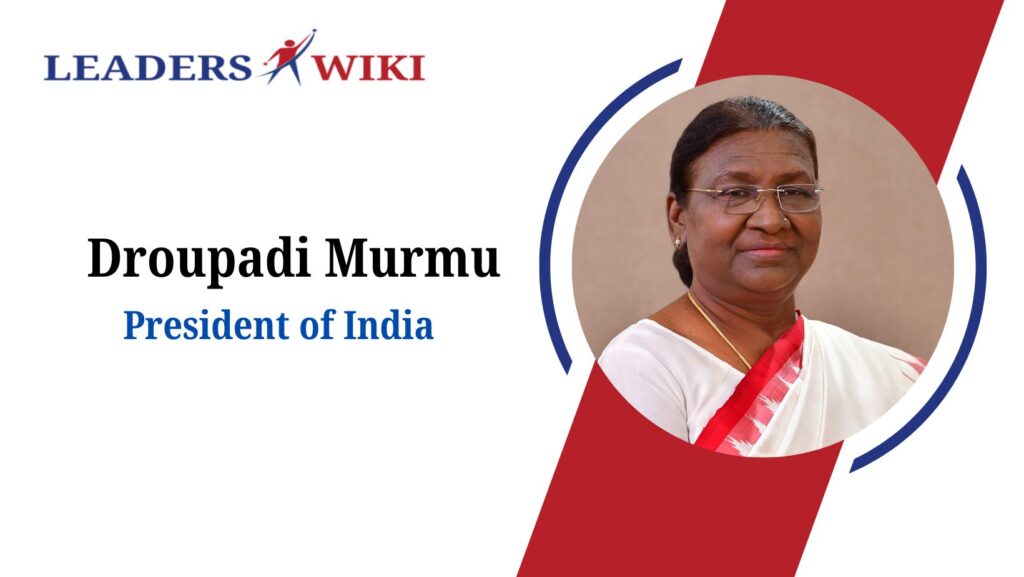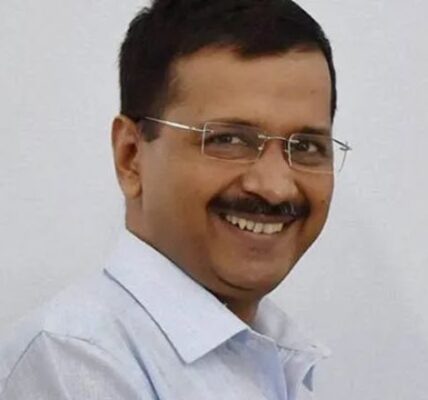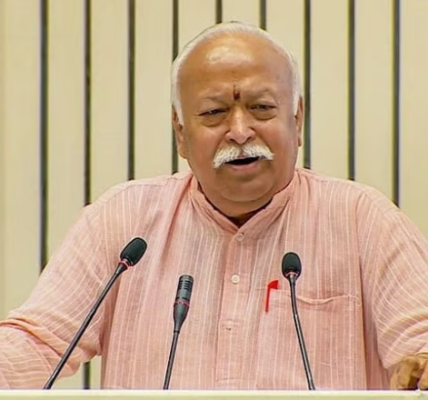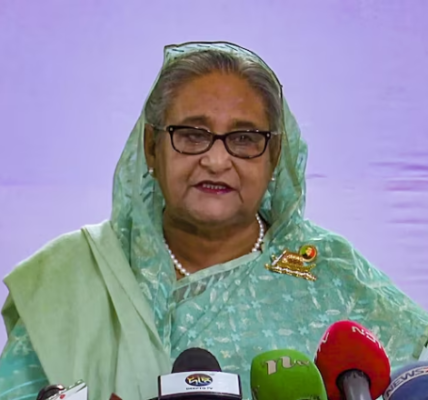Droupadi Murmu: India’s First Tribal Woman President and Advocate for Tribal Rights
Droupadi Murmu became the 15th President of India on July 25, 2022, after being sworn in by the Chief Justice of the Supreme Court. She holds the distinction of being the first individual from the tribal community and the second woman, following Pratibha Patil, to assume the presidential office. Additionally, she is the first president born in independent India and the youngest to hold the position. Murmu previously served as the Governor of Jharkhand from 2015 to 2021 and as a member of the Legislative Assembly of Odisha from 2000 to 2009.

| Name | Draupadi Murmu |
| Born | June 20, 1958 |
| Birth Place | Uparbeda, Mayurbhanj, Odisha, India |
| Age | 65 years |
| Parents | Biranchi Narayan Tudu |
| Political Party | Bharatiya Janata Party |
| Office | President of India |
| Education | Ramadevi Women’s University |
| Previous Offices | Governor of Jharkhand, Minister of State for Fisheries and Animal, Minister of State for Commerce and Transport, Member of the Odisha Legislative Assembly |
| Children | Itishri Murmu |
| Spouse | Shyam Charan Murmu (passed away in 2014) |
Early Life and Education
Droupadi Murmu was born on June 20, 1958, in Uparbeda, a village in Odisha, to a Santhali tribal family. Initially named Puti Tudu, she was later renamed Droupadi by a teacher. Uparbeda, located in the Mayurbhanj district, is one of India’s most remote and underdeveloped areas. The Santhal are among the largest tribal communities in India.
Growing up in poverty, Murmu faced numerous challenges but demonstrated resilience and determination. She completed her primary education at the village school and went on to earn a Bachelor of Arts degree from Rama Devi Women’s College in Bhubaneswar. Notably, she is the first woman from her village to complete a university education, marking a significant milestone for her community.
Career and Family
Murmu began her career in 1979 as a junior assistant at Odisha’s Irrigation and Power Department. During this time, she married Shyam Charan Murmu, adopting his surname, and they had a daughter who tragically died young. In 1983, Murmu left her job to care for her growing family, which included three more children. From 1994 to 1997, she taught at Sri Aurobindo Integral Education and Research Centre in Rairangpur, demonstrating her commitment to education and community service.
In 1997, Murmu joined the Bharatiya Janata Party (BJP), marking the beginning of her political career. She was elected as a councillor of the Rairangpur Nagar Panchayat and, in 2000, as a member of the Odisha Legislative Assembly from the Rairangpur constituency. During her two terms until 2009, she held significant positions, including Minister for Commerce and Transport and later Minister for Fisheries and Animal Resources. Her legislative contributions were recognized with the Pandit Nilakantha Das Best Legislator Award in 2007.
Murmu also held key roles within the BJP, serving as Vice President and later President of the BJP’s Scheduled Tribe Morcha in Odisha. She was briefly the district president for the Mayurbhanj (West) unit, showcasing her leadership within the party and her commitment to representing tribal interests.
Despite her earlier successes, Murmu faced electoral defeats in the 2009 federal legislature (Lok Sabha) election for the Mayurbhanj constituency and the 2014 Odisha state legislature election for Rairangpur. During this period, she endured personal tragedies, losing one son in 2009, another in 2013, and her husband in 2014. These losses profoundly impacted her but did not deter her from public service.
Governor of Jharkhand
In 2015, Murmu was appointed Governor of Jharkhand, becoming the first woman tribal governor of any tribal-majority state in India. In this role, she demonstrated her commitment to tribal rights and welfare. She notably opposed the state BJP government’s proposed amendment to a 1908 law that would have allowed the commercial use of tribal land by the government. Her steadfast opposition led to the withdrawal of the amendment, highlighting her dedication to protecting tribal lands and interests.
President of India
In June 2022, the National Democratic Alliance (NDA), led by the BJP, nominated Murmu for the presidency of India. The president is indirectly elected by an electoral college comprising elected members of both houses of the federal parliament and the legislative assemblies of India’s 28 states and union territories. Murmu defeated Yashwant Sinha, the opposition candidate, securing 64 percent of all electoral votes. She took the oath of office on July 25, 2022, succeeding Ram Nath Kovind.
As President, Murmu has focused on promoting healthcare, economic development, and education among tribal communities. She is also dedicated to preserving tribal culture and heritage, ensuring that the voices and traditions of India’s tribal communities are recognized and respected. Her presidency represents a historic moment for India, symbolizing progress and inclusivity.
Legacy and Impact
Droupadi Murmu’s journey from a small tribal village in Odisha to the highest constitutional office in India is a testament to her resilience, dedication, and leadership. Her life story serves as an inspiration to millions, particularly those from marginalized and tribal communities. As President, she continues to advocate for the rights and welfare of tribal populations, striving to create a more inclusive and equitable India. Her efforts in healthcare, education, and economic development have made significant contributions to the advancement of tribal communities, and her work in preserving tribal culture ensures that these rich traditions are celebrated and maintained for future generations.





